ARTICLES AND COMMON QUESTIONS
INFORMATION TO HELP YOU PREPARE FOR YOUR SETTLEMENT CONFERENCE
MEDIATON & ARBITRATION ARTICLES & INFORMATION

How to Get the Most Out of Mediation
Mediation is a process in which the parties discuss ways to settle their disputes under the guidance of a mediator. A mediator is a neutral third party who is usually a lawyer with special training in mediation and dispute resolution. At mediation, each party has the opportunity to discuss his or her side of the…

Documents for Family Financial Mediation
Documents that can be helpful in a mediation meant to resolve issues surrounding the financial aspects of a marriage and divorce, below is a list of things that can be helpful. Generally speaking, divorce can be overwhelming without the pressure of being super organized. It is not imperative to have all of the noted documentation…
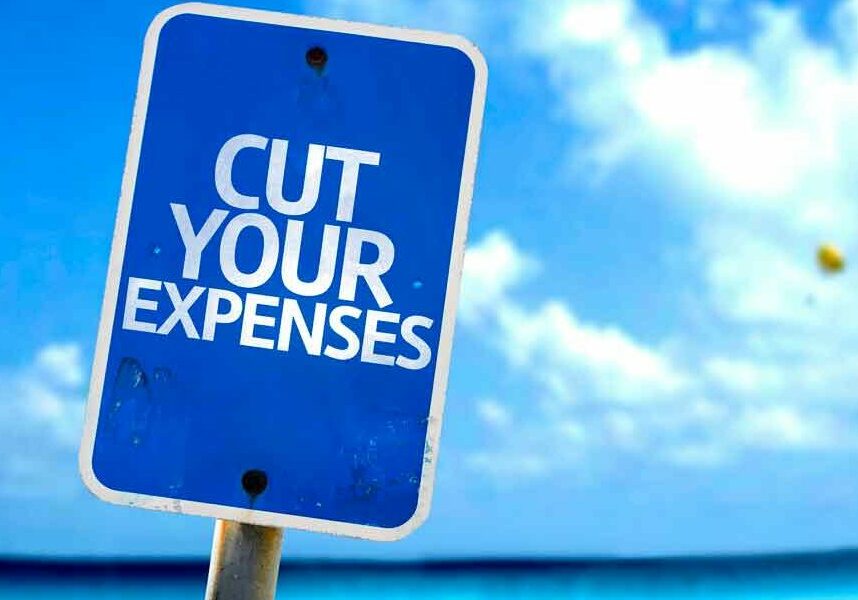
How Mediation Can Reduce Your Legal Expenses
Over the past two decades, countless people with legal disputes have increasingly turned to mediation to resolve their conflicts. Mediation has proven to be an effective means of resolving a wide array of legal disputes, including divorce and family related matters, business, contract, and real estate disputes, and personal injury matters. There are many reasons…
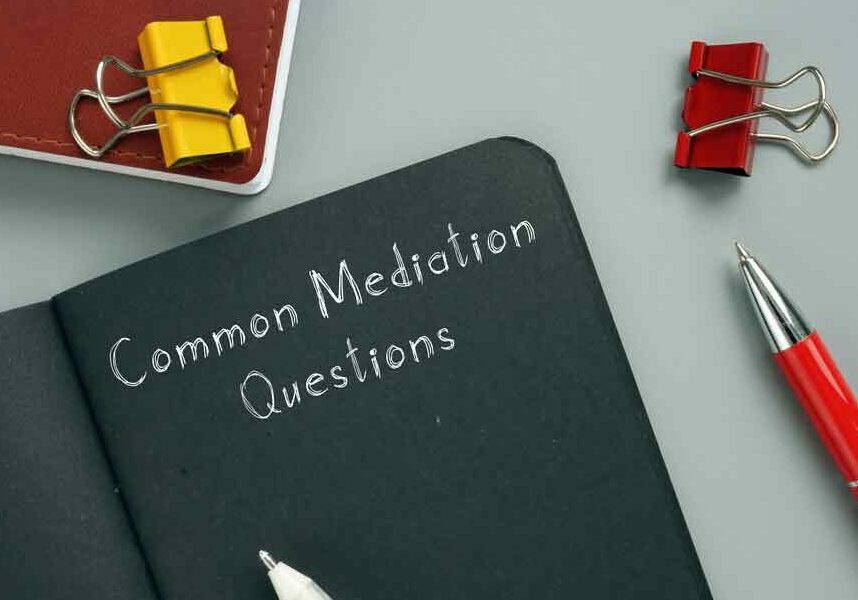
Common Mediation Questions
What Is the Difference between Mediation and Arbitration? The primary distinction between mediation and arbitration is that, in mediation, the mediator works with the parties to help them reach an agreement regarding the issues in dispute, whereas in arbitration, the arbitrator makes a decision for the parties after each party has had the opportunity to…

10 Advantages of Choosing Mediation to Resolve Your Dispute
Mediation has proven to be one of the most effective methods of resolving legal disputes outside the courtroom. In mediation, the parties meet with a neutral mediator, who is usually an attorney with special training in conflict resolution. The mediator works with the parties to facilitate resolution of the issues in dispute. There are many…
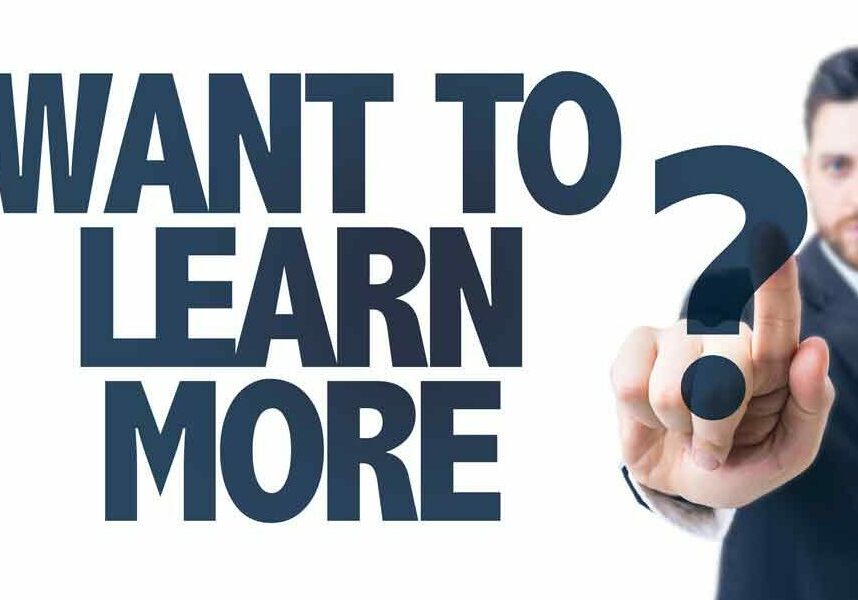
Where can I learn more about mediated settlement?
The Commission invites you to visit its website at www.ncdrc.org or call (919)890-1415 for more information. Source: North Carolina Dispute Resolution Commission pamphlet “Mediated Settlement Conferences in Equitable Distribution and Other Family Financial Cases” Attribution: North Carolina Dispute Resolution Commission
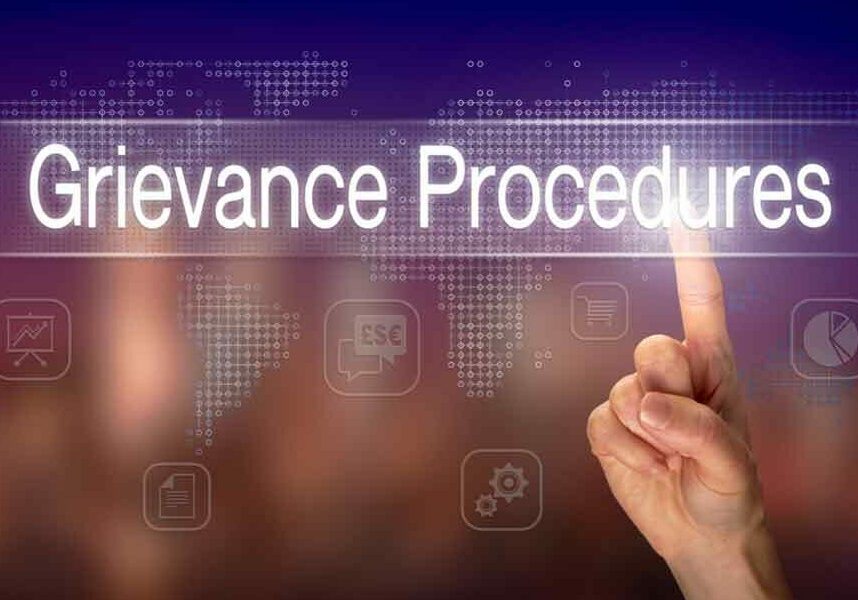
What if I have a complaint about my mediator’s conduct?
You may address your concerns to the mediator in the hope that they may be resolved amicably. You or your attorney may also file a complaint with the NC Dispute Resolution Commission which regulates mediator conduct. You may contact the Commission at (919)890-1415. Source: North Carolina Dispute Resolution Commission pamphlet “Mediated Settlement Conferences in Equitable…

What if I am unwilling to agree to the terms discussed at mediation?
Not every dispute can be settled at mediation. If an agreement cannot be reached, your case will proceed to trial in due course. The judge will not be informed about the particulars of your mediation conference or told why the case did not settle. Source: North Carolina Dispute Resolution Commission pamphlet “Mediated Settlement Conferences in…

Where will my mediated settlement conference be held?
Your conference may be held in the courthouse or in some other public building. It could also be conducted in the law office of one of the attorneys involved in the case or at the mediator’s office. Source: North Carolina Dispute Resolution Commission pamphlet “Mediated Settlement Conferences in Equitable Distribution and Other Family Financial Cases”…

What if I prefer to go to trial and do not want to mediate my case?
Once your case has been ordered to mediation, you and your attorney must participate. However, if you believe there is some compelling reason why your case should not be mediated, you may ask the Court to rescind its order. However, do not be too quick to reject the mediation process. Even in cases where parties…
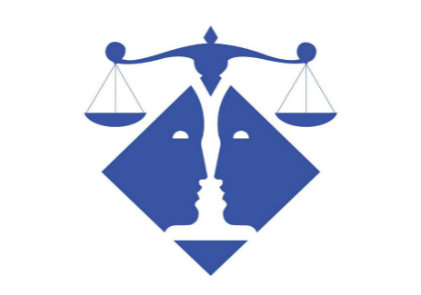
Who qualifies as a mediator and how are they trained?
You and the other party will be given the opportunity to choose a mediator. If you select a mediator who has been certified by the North Carolina Dispute Resolution Commission, you can be assured that mediator has completed at least 40 hours of mediation training. Many certified mediators are experienced attorneys with family litigation experience.…

How much will mediation cost?
If you and the other party and the attorneys involved in your case agree upon a mediator and notify the court of your selection, the mediator’s fee will be arrived at by agreement with the mediator. If you and the other party cannot agree on a mediator, the court will appoint one. Rule 7 of…

Will my attorney be with me during the mediation and will we be able to speak privately?
Yes. Your attorney will be present throughout the proceeding. If at some point during the conference you wish to speak privately with your attorney, you can ask the mediator for an opportunity to do so. Source: North Carolina Dispute Resolution Commission pamphlet “Mediated Settlement Conferences in Equitable Distribution and Other Family Financial Cases” Attribution: North…
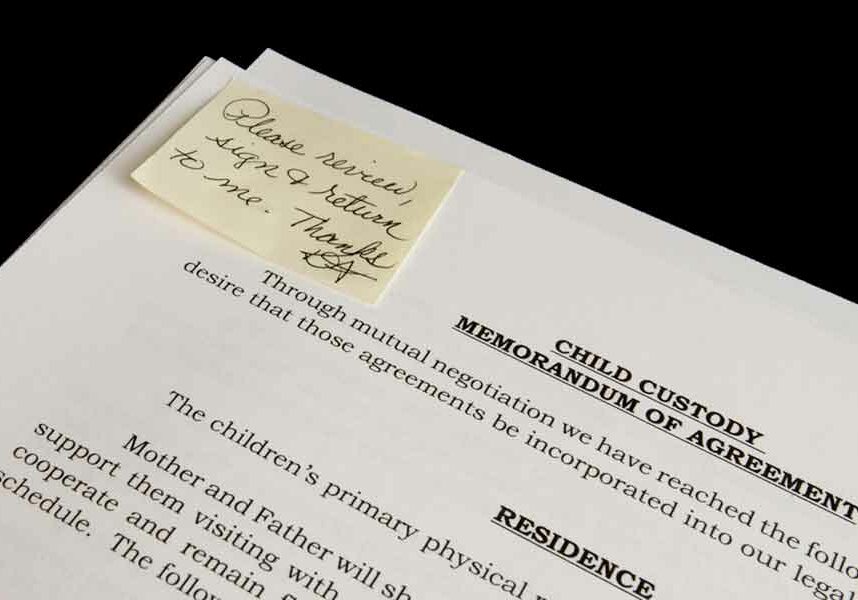
Is this the same Program as the Child Custody and Visitation Mediation Program?
No. The Custody Mediation Program, as its name implies, addresses issues of child cusotdy and visitation. The Family Financial Settlement Program has a different focus, helping parties resolve financial issues, including division of marital property and claims for alimony and child support. However, you may ask your attorney about custody and visitation issues at your…

Introduction to Family Financial Mediation
If you are reading this brochure, it is likely you are involved in a dispute which has been referred to the Family Financial Settlement Program for mediation. This means that you will be required to meet with our spouse or ex-spouse (the other party) and, wit the help of a mediator and your attorneys, to…

Will I be expected to attend and actively participate in discussions at the mediated settlement conference?
You must attend unless all parties and the mediator or the court agree otherwise. The mediation process is designed to empower litigants to take a more active role in discussing and settling their case. However, some litigants prefer to let their attorney speak for them. You may want to discuss your participation with your attorney…
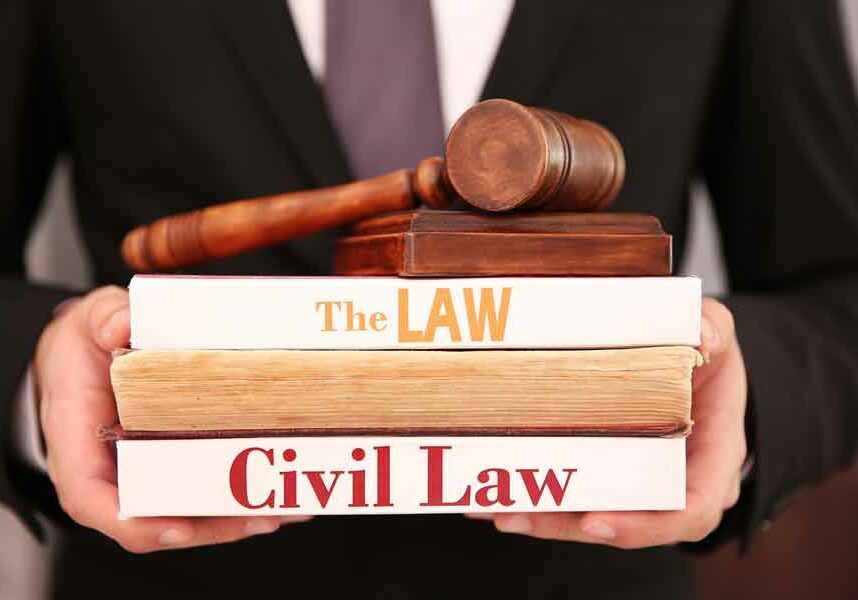
Introduction to Superior Court Civil Action Mediation Conferences
Introduction If you are reading this brochure, it is likely your case has been referred to the Mediated Settlement Conference Program. Your attorney has probably told you this means that you will be required to meet with the other party to your dispute for the purpose of trying to discuss and resolve your disagreements. You…
